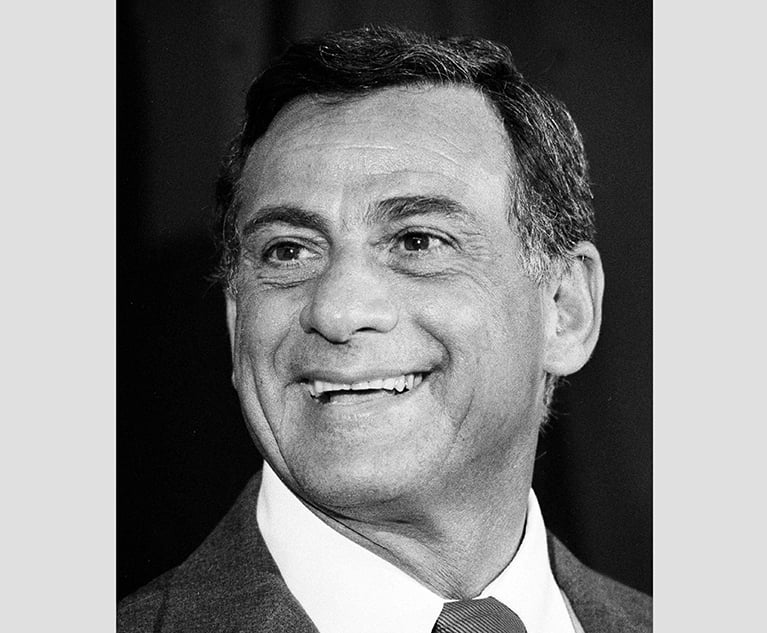 In a recent article, “Does Empowering Children During Divorce Litigation Serve Them Well?,” N.Y.L.J. (July 29, 2019), Lisa Zeiderman appears to offer a resounding “no” in response to that rhetorical question. In doing so, and in recounting the evolution of the role of the attorney for the child (AFC) in New York, she raises issues that no longer bear serious discussion, and gets several things wrong.
In a recent article, “Does Empowering Children During Divorce Litigation Serve Them Well?,” N.Y.L.J. (July 29, 2019), Lisa Zeiderman appears to offer a resounding “no” in response to that rhetorical question. In doing so, and in recounting the evolution of the role of the attorney for the child (AFC) in New York, she raises issues that no longer bear serious discussion, and gets several things wrong.
Ms. Zeiderman asserts that prior to the promulgation in 2007 of §7.2 of the Rules of the Chief Judge, “children were represented by law guardians who made a recommendation to Judges as to a child’s best interest.” Not so. Pre-Rule 7.2, the AFC (then called a “law guardian”), while always taking into account and communicating to the court the child’s expressed wishes (see Family Court Act §241), did act upon his or her own considered judgment, but only when representing young children who are incapable of articulating their wishes and/or making considered judgments. However, when representing teenagers, and even younger children who are capable of considered judgment, the AFC was ethically bound to advocate for the child’s preferences unless successful advocacy would expose the child to a risk of imminent serious harm. Rule 7.2 formalized what was already the prevailing practice, at least in New York Family Courts, and also had the salutary effect of deterring renegade AFCs from engaging in unauthorized and inappropriate “best interests” advocacy.






